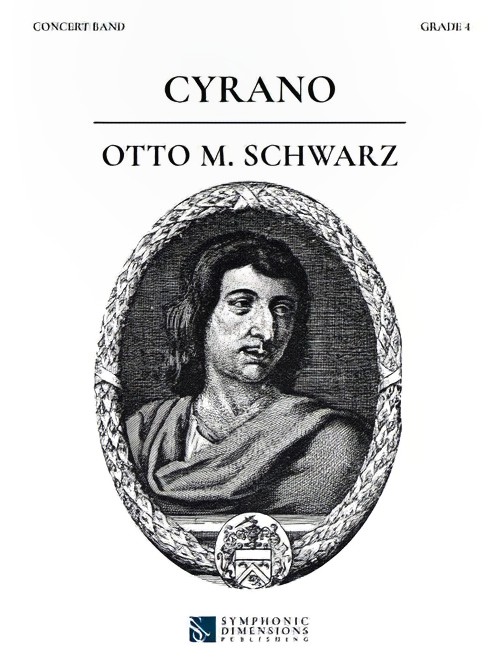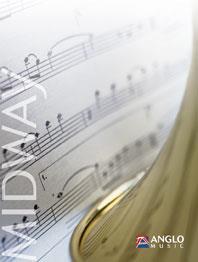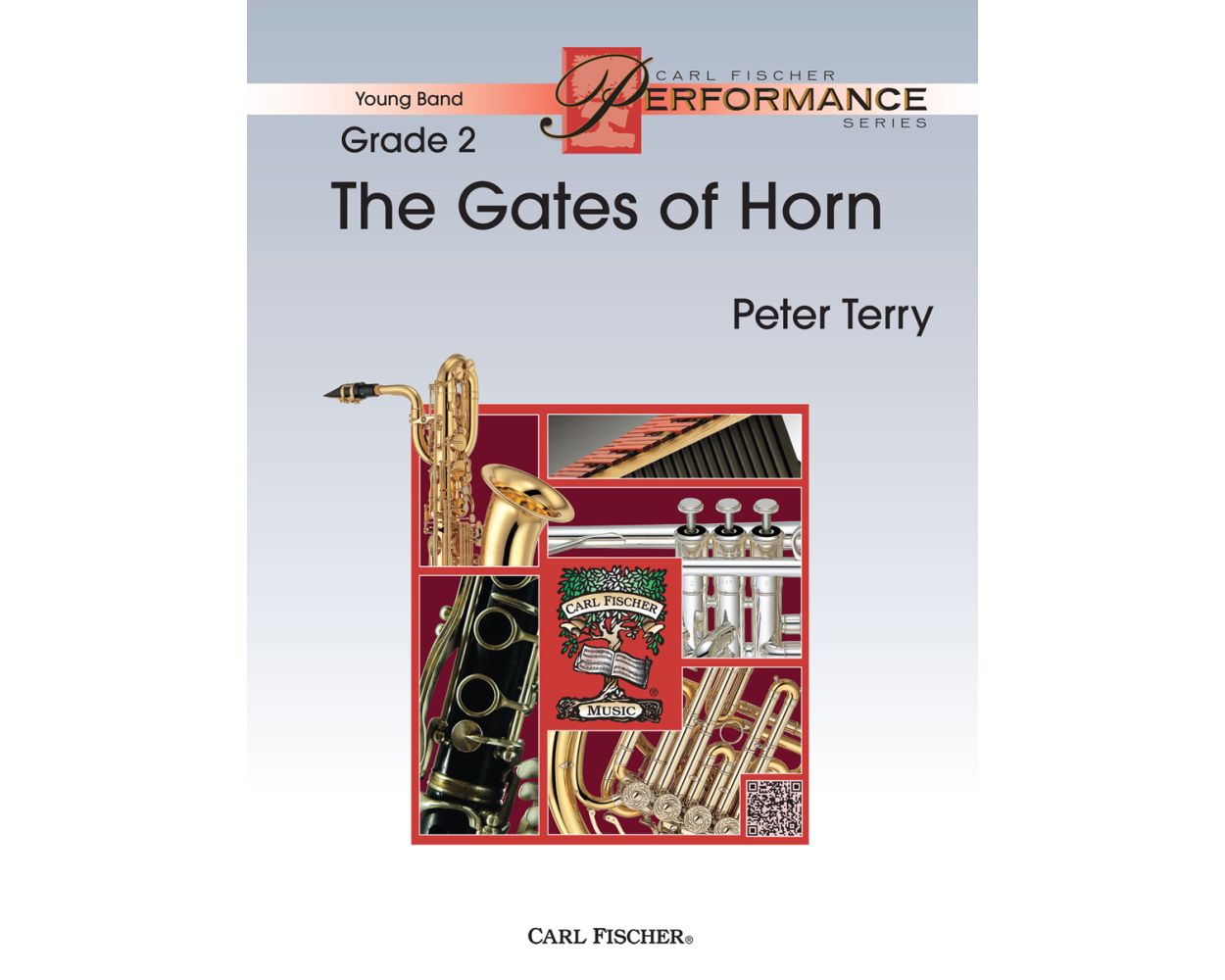Results
-
 £82.50
£82.50In Paths of Truth and Grace - Randall D. Standridge
In Paths of Truth and Grace is a wonderfully musical work effectively written for concert band and based on the hymn My Shepherd Will Supply My Need. Some additional material has been included for transitions and unity and help to highlight the beauty and lyricism of the moving melody. Written in the style of classic hymnsong settings for concert band, it effectively brings out the tonal range of sounds available with wind band instrumentation.
Estimated dispatch 7-14 working days
-
£159.00
Stargate The Ark Of Truth - Joel Goldsmith - Ted Parson
Estimated dispatch 10-14 working days
-
 £151.80
£151.80Stargate The Ark Of Truth - Joel Goldsmith
Estimated dispatch 7-14 working days
-
 £99.99
£99.99Magga - Philip Sparke
The Four Noble Truths are the most basic expression of the teaching of Buddha and therefore still form the guidelines for Buddhists to this day. They concern themselves with Dukkha, which has no exact translation but can mean suffering, stress or sadness etc. Magga is The Noble Truth of the Path Leading to the Cessation of Dukkha - the Fourth Noble Truth - which gives us a description of eight disciplines which can help us eliminate the origins of stress from our lives.
Estimated dispatch 7-14 working days
-
 £139.99
£139.99Cyrano (Concert Band - Score and Parts) - Schwarz, Otto M.
What are the true qualities of a person? Outward beauty or inner values? Or perhaps a balance of the two? This question has probably been posed by everyone at some time or another, and the answer is as challenging as it is subjective. This is also the theme of this work. The poet and soldier Cyrano de Bergerac is known for his big nose and his great intellect. The 17th century novelist harbours feelings for the beautiful Roxane but is sure that this love will never be reciprocated. Roxane herself falls in love with the cadet Christian de Neuvillette, who is certainly handsome but could be described as stupid. Cyrano de Bergerac writes love poems on behalf of Christian to win Roxane's heart. And then there is the Count Guiche, who is married but also wants to make her his mistress. Christian and Roxane eventually marry and the furious Count Guiche sends Christian and Cyrano, who serve together in the Captains of Gascony regiment, to the front and, some months later, on a suicide mission. Shortly before the battle, Roxane confesses to her husband that she no longer loves him so much for his beauty as for his inner values. Christian is dismayed and begs Cyrano to tell Roxane the truth, but he can't bring himself to do so. Christian de Neuvillette dies in battle and Cyrano de Bergerac remains silent about the true provenance of the letters. Only much later does the truth come to light: scarred by the war, Cyrano visits Roxane in the convent where she has been living since Christian's death and confesses his love for her. He ultimately dies in Roxane's arms.Duration: 8.30
Estimated dispatch 7-14 working days
-
 £99.99
£99.99Magga (Concert Band - Score and Parts) - Sparke, Philip
The Four Noble Truths are the most basic expression of the teaching of Buddha and therefore still form the guidelines for Buddhists to this day. They concern themselves with Dukkha, which has no exact translation but can mean suffering, stress or sadness etc. Magga is The Noble Truth of the Path Leading to the Cessation of Dukkha - the Fourth Noble Truth - which gives us a description of eight disciplines which can help us eliminate the origins of stress from our lives.Duration: 4:45
Estimated dispatch 7-14 working days
-
 £56.00
£56.00The Gates of Horn
In the Odyssey, dreams come into the world through one of two gates. If they come through the gates of ivory they are false dreams. However, if they come into the world through the gates of horn they are true dreams that tell the user of things to be, or illuminate truth. The Gates of Horn is a dramatic piece for band that alternates a syncopated fanfare with a bold, yet lyrical theme. These contrasting ideas chase each other throughout the piece.
Estimated dispatch 12-14 working days
-
£84.50
The Gates Of Horn - Peter Terry
In the Odyssey, dreams come into the world through one of two gates. If they come through the gates of ivory they are false dreams. However, if they come into the world through the gates of horn they are true dreams that tell the user of things to be, or illuminate truth. The Gates of Horn is a dramatic piece for band that alternates a syncopated fanfare with a bold, yet lyrical theme. These contrasting ideas chase each other throughout the piece.
Estimated dispatch 7-14 working days
-
 £94.99
£94.99By the Way - Vladimir Yefremov
Inspiring popular music from the Ukraine. Perhaps one would only expect original folk-music to come out of this part of Europe but nothing could be further from the truth. By the Way is a delightfully swinging little piece which allows you to pull out all stops: a very welcome addition to the popular genre indeed. Your musicians will have great fun in performing this little piece.
Estimated dispatch 7-14 working days
-
 £78.95
£78.95A Cog In The Machine - Amy Webb
The phrase "a cog in the machine," means a small job in a big organization. In other words, a cog represents a person who may feel that they do not contribute much. Nothing could be further from the truth. So, here we have a play on human nature and a play on words. The first trumpet's highest note is D, and only the first clarinets cross the break.
Estimated dispatch 7-14 working days
